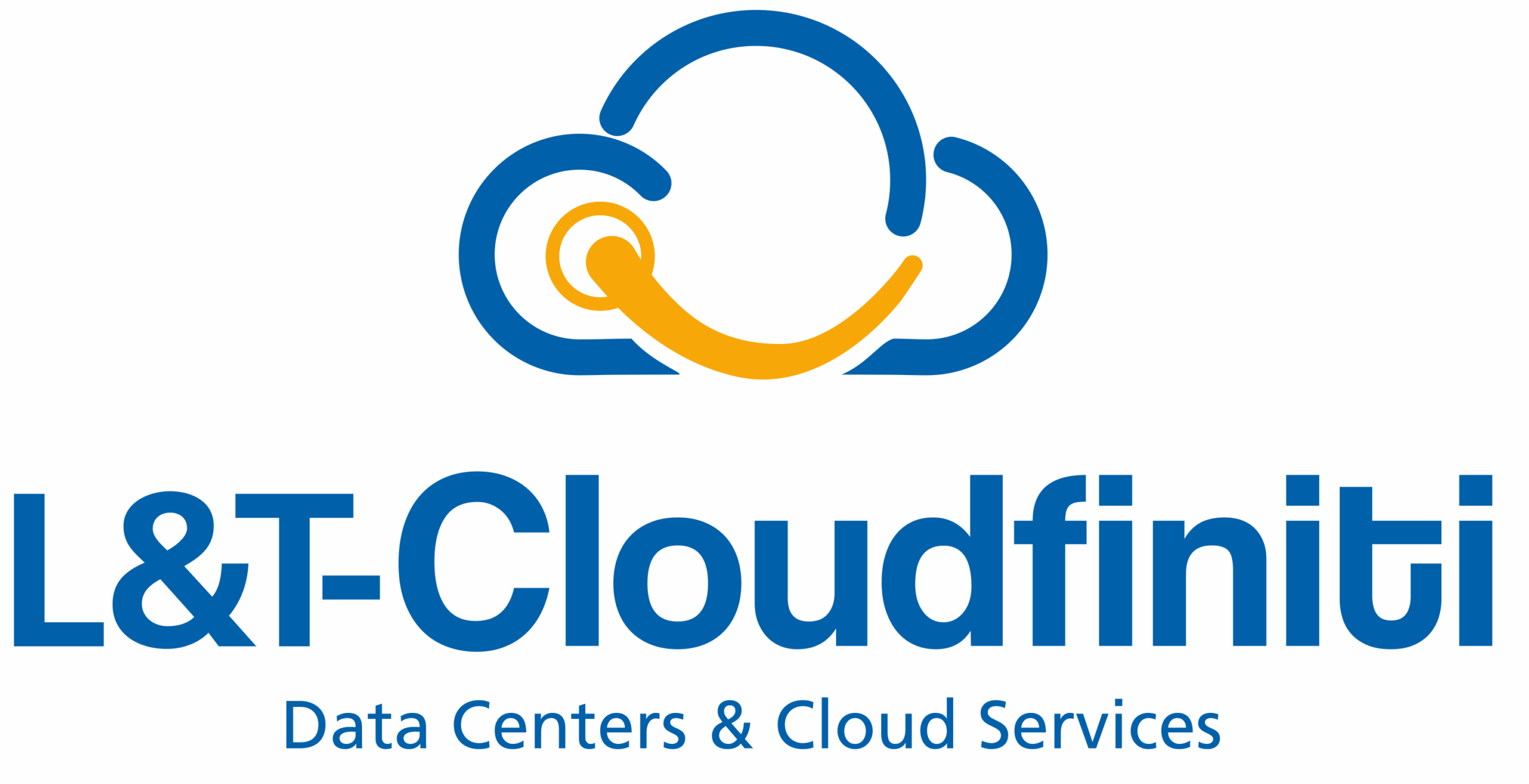
Why Data Centers Are Important for Business
Why Data Centers Are Important for Business
Posted on 2024-10-03
In today’s digital era, data has become the backbone of business operations. From small enterprises to global corporations, companies are increasingly reliant on the uninterrupted flow and storage of data to maintain productivity, drive innovation, and stay competitive. This makes data centers a critical asset for businesses of all sizes. But why exactly are data centers so important, and what benefits do they bring? In this article, we’ll explore what a data center is, the various types available, and why they’re indispensable for modern businesses.
What is a Data Center?
A data center is a facility that houses an organization’s IT operations and equipment, including servers, storage systems, and networking hardware. It is specifically designed to ensure the smooth functioning, security, and accessibility of data. Data centers can be managed in-house or outsourced to a third-party provider, depending on the organization’s needs.
Data centers come in different types:
- Colocation Data Centers: These are multi-tenant facilities where businesses rent space to host their servers and IT infrastructure.
- Single-Tenant Data Centers: These are designed to serve one customer exclusively, offering more customization and control.
- Hyperscale Data Centers: Typically used by large tech companies like Google, Microsoft, or Amazon, these data centers are massive in scale and built to handle huge volumes of data.
The Business Importance of a Data Center
Now that we understand what a data center is and the different types available, let’s dive into why a data center is essential to your business. Here are the top benefits:
- Centralized Data Management
One of the most significant advantages of using a data center is the ability to centralize data management. Instead of scattering data across multiple servers and locations, a data center consolidates all business information into one central hub. This centralization improves efficiency by streamlining operations, making it easier to manage, retrieve, and analyze data.
For example, a retail company managing customer transactions, inventory, and supply chain data can benefit greatly from centralized data management. This approach reduces duplication of effort, eliminates the risks of data silos, and provides better insights into the company’s overall performance. As a result, businesses can make data-driven decisions faster and more effectively.
- Scalability
Data centers offer businesses the flexibility to scale their infrastructure according to their evolving needs. Whether your company experiences rapid growth, seasonal spikes in demand, or temporary expansion, a data center allows you to adjust your storage and processing capacity without building new infrastructure from scratch.
Take an e-commerce company, for example, that needs additional storage during the holiday shopping season. By leveraging the scalability of a data center, the company can quickly scale up its storage to meet demand and then scale back down after the rush. This flexibility ensures businesses remain agile and competitive in an ever-changing market.
- Security
With the increasing number of cyber threats, security has become a top priority for businesses. Data centers offer a high level of security with multiple layers of protection. These facilities use advanced security measures such as biometric authentication, firewalls, surveillance cameras, and encryption to safeguard sensitive information.
Imagine a financial institution that handles vast amounts of personal and financial data. A data breach could cause immense damage to both its reputation and finances. By housing its data in a secure data center, the organization ensures that its critical information remains protected from unauthorized access and cyberattacks.
- Redundancy and Disaster Recovery
Data centers are built with redundancy in mind, ensuring that even if one system fails, another can take over immediately. Redundant power supplies, network connections, and storage systems guarantee that your data is always accessible, no matter what happens. Additionally, data centers are equipped with robust disaster recovery plans, ensuring that your business can recover quickly in the event of a natural disaster or cyberattack.
For businesses that heavily rely on data, such as healthcare providers or online services, having redundancy and disaster recovery capabilities is vital. In the healthcare sector, for example, patient data must be available at all times. A data center provides the necessary infrastructure to ensure this availability, even during emergencies.
- Cost Savings
Data centers offer significant cost savings to businesses. Running an in-house data center can be extremely expensive, requiring large upfront investments in infrastructure, staffing, and ongoing maintenance. On the other hand, outsourcing your IT needs to a third-party data center provider allows you to pay only for the services you use, without worrying about maintenance or upgrades.
A small business, for instance, may not have the budget to invest in its own IT infrastructure. By partnering with a colocation data center, it can rent the necessary equipment and services at a fraction of the cost. Additionally, the business benefits from reduced operational expenses since the data center provider handles maintenance, security, and upgrades.
Why Do Companies Use Data Centers?
In an increasingly digital world, companies across all industries rely on data centers to keep their operations running smoothly. From small to medium-sized enterprises (SMEs) to multinational corporations, businesses are becoming more data-driven and dependent on digital services.
For many organizations, downtime can lead directly to productivity loss, customer dissatisfaction, and revenue decline. Data centers provide the stability and reliability needed to ensure continuous operation. Outsourcing IT infrastructure to a professional data center allows companies to focus on their core business activities while enjoying the peace of mind that their data is secure and accessible.
Data centers are designed to optimize IT operations. They are equipped with specialized cooling systems, connectivity solutions, and robust security measures that can be difficult to replicate within a company’s internal IT infrastructure. Additionally, data centers offer seamless integration with cloud providers, allowing businesses to take advantage of cloud-based services to further enhance their capabilities.
In countries like the Netherlands, many companies have migrated their on-premises IT infrastructure to professional data centers. The trend is particularly strong among industries such as healthcare, education, and technology services. These companies benefit from the enhanced security, scalability, and cost savings that data centers provide.
Conclusion
Data centers are more than just facilities for storing data. They are essential to the modern business landscape, offering centralized data management, scalability, security, redundancy, and cost efficiency. As businesses continue to digitize and rely on data to drive their operations, the importance of data centers will only continue to grow. Whether you’re a small business or a multinational corporation, a data center can provide the infrastructure and services necessary to thrive in today’s competitive, data-driven world.


